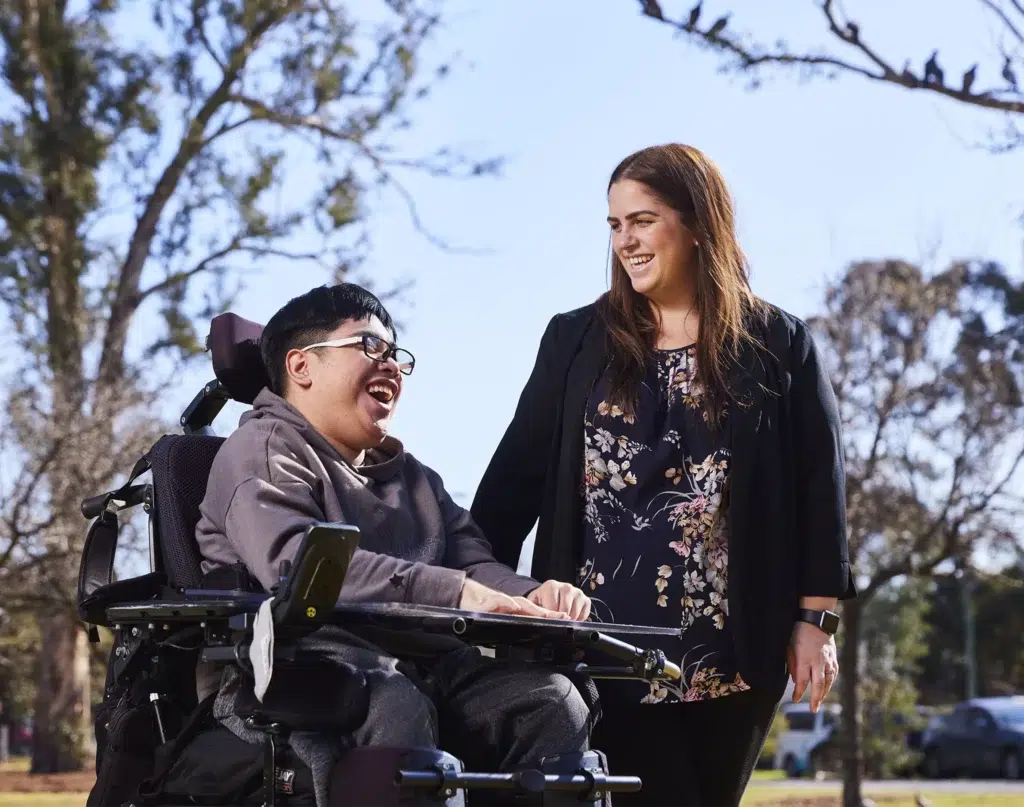At Royal Rehab LifeWorks, we’re passionate about empowering people with disability to live more independently and pursue the goals that matter most to them.
We offer a wide range of allied health services designed to build skills and support greater independence. Our warm and highly skilled team works closely with each individual to deliver personalised support that aligns with their unique needs, strengths, and aspirations, helping them reach their potential and live a connected, fulfilling life.
Being part of a team that truly listens, adapts, and innovates to meet each person’s needs is incredibly motivating.
In the spirit of reconciliation, Royal Rehab acknowledges the Traditional Custodians of Country throughout Australia and their connections to land, sea, and community. We pay our respects to their Elders past, present and future and we extend our respects to all Aboriginal and Torres Strait Island peoples.
To improve your experience and ensure your data is protected, please note you will be redirected to PracSuite, our secure booking platform.
If you're ready to sign up now, please select the most appropriate option and complete the relevant form below.
